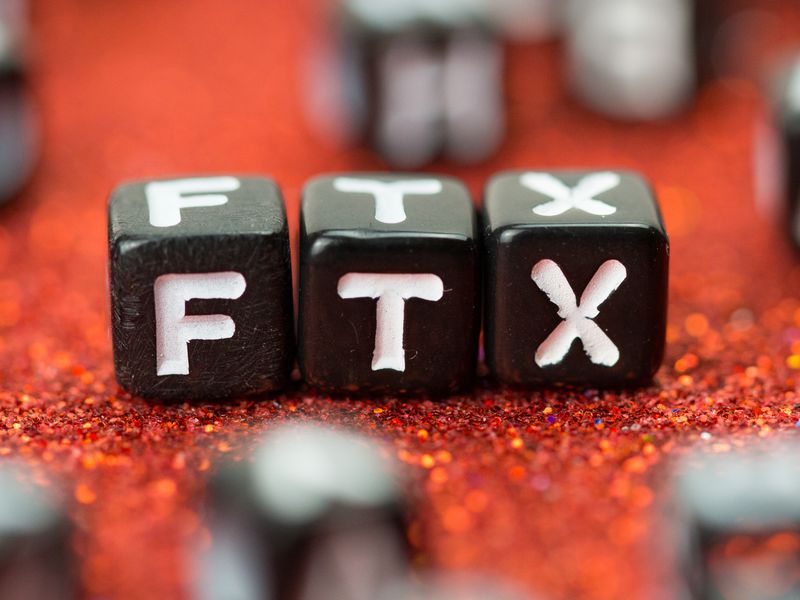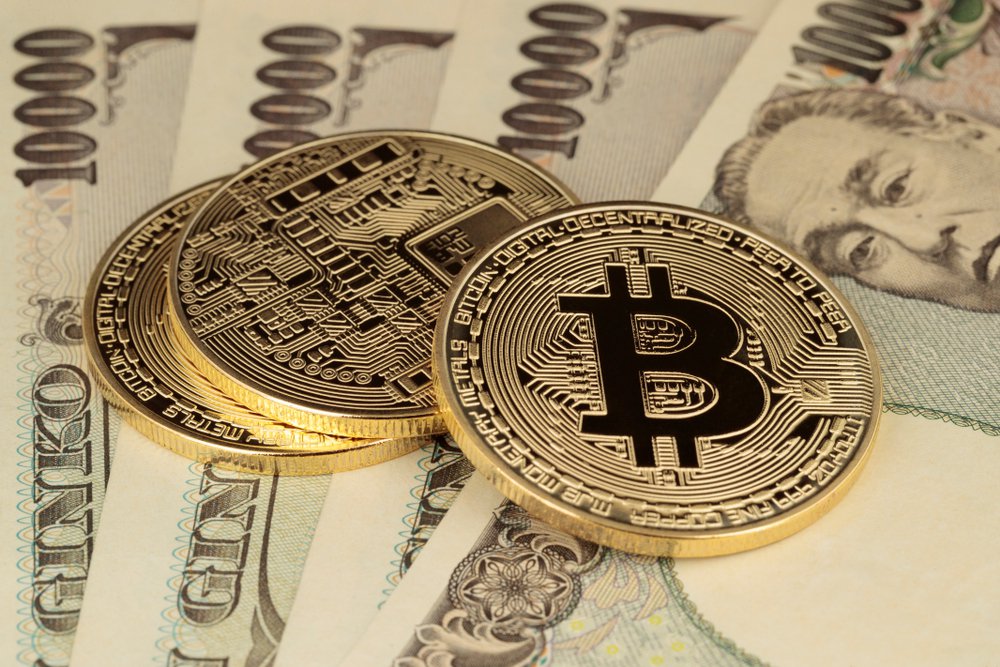Coinbase Chief Legal Officer: There’s ‘A Lot to Unpack’ in CFTC’s Filing Against Binance
The Commodity Futures Trading Commission (CFTC) is going to great lengths to better gauge what is happening at the Binance exchange, said Paul Grewal, chief legal officer at rival exchange Coinbase (COIN).
“There’s a lot to unpack,” Grewal told CoinDesk TV’s “All About Bitcoin” on Tuesday about the CFTC’s complaint against Binance, the largest crypto exchange by trading volume.
Coinbase, the largest U.S.-based exchange and the second largest in the world after Binance, is currently having its own issues with regulators, in its case the Securities and Exchange Commission. The SEC recently issued a Wells Notice warning it plans to pursue an enforcement action against the exchange and its staking services for offering unlicensed securities.
“We’re an American company,” based in California, incorporated in Delaware and with a BitLicense from New York, Grewal said. “We’re not going anywhere.”
However, that hasn’t stopped Coinbase from looking at other countries where “regulators are looking to promote this technology and promote opportunities for the crypto economy in ways that doesn’t seem to be happening right now here in the U.S.”
Binance, which claims to have no home country, is in a different situation.
On Monday, the CFTC filed a lawsuit in the U.S. District Court for the Northern District of Illinois against Binance for violating U.S. law by allegedly selling unregistered derivatives products and helping its U.S.-based customers evade compliance controls through the use of virtual private networks (VPN).
Grewal said what’s most striking about the CFTC’s complaint is it “specifically called out a number of digital assets as commodities.” Those same assets are being “labeled or suggested as securities” by the SEC and others, he said.
The CFTC “has undertaken a great effort to understand what’s been happening with Binance and to take action where it sees an issue,” he said.
Whether the CFTC or SEC has jurisdiction over digital assets only adds more confusion for the crypto industry trying to operate in the U.S., Grewal said. He added the situation highlights how regulators can’t seem to agree on a regulatory framework for crypto.
“We need sensible rules here to define these terms reasonably and to provide everyone in the crypto economy, including investors and consumers, with certainty and clarity in making their decisions,” Grewal said.
Edited by Lawrence Lewitinn.
DISCLOSURE
Please note that our
privacy policy,
terms of use,
cookies,
and
do not sell my personal information
has been updated
.
The leader in news and information on cryptocurrency, digital assets and the future of money, CoinDesk is a media outlet that strives for the highest journalistic standards and abides by a
strict set of editorial policies.
CoinDesk is an independent operating subsidiary of
Digital Currency Group,
which invests in
cryptocurrencies
and blockchain
startups.
As part of their compensation, certain CoinDesk employees, including editorial employees, may receive exposure to DCG equity in the form of
stock appreciation rights,
which vest over a multi-year period. CoinDesk journalists are not allowed to purchase stock outright in DCG
.
:format(jpg)/s3.amazonaws.com/arc-authors/coindesk/babbc463-ff00-4c88-bbf6-967e974c517e.jpg)
Fran is CoinDesk’s TV writer and reporter.
Learn more about Consensus 2023, CoinDesk’s longest-running and most influential event that brings together all sides of crypto, blockchain and Web3. Head to consensus.coindesk.com to register and buy your pass now.
:format(jpg)/s3.amazonaws.com/arc-authors/coindesk/babbc463-ff00-4c88-bbf6-967e974c517e.jpg)
Fran is CoinDesk’s TV writer and reporter.









